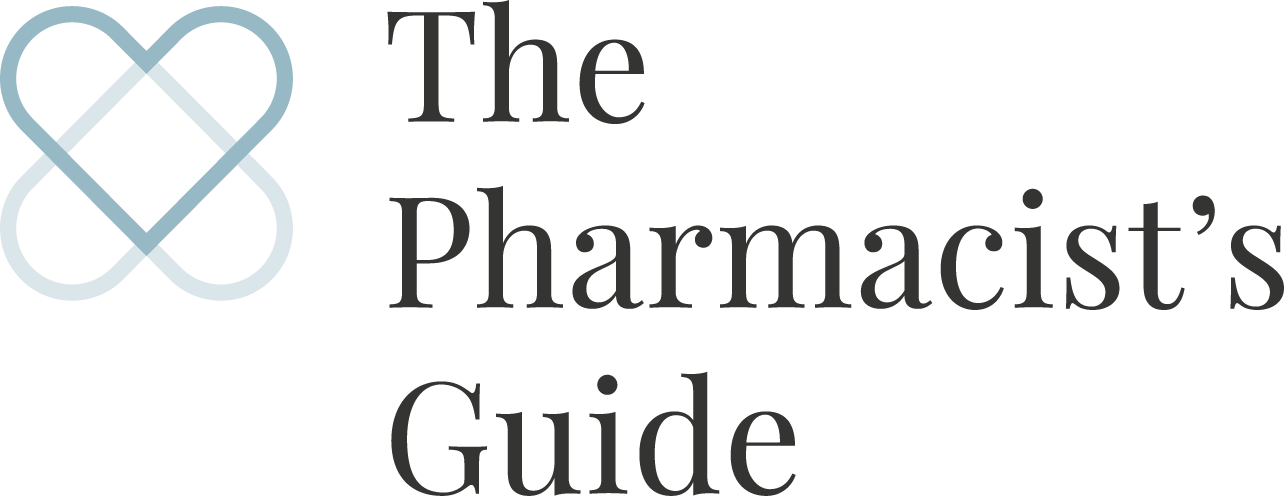Glowing Skin Part 1: From the Inside-Out
Wouldn’t it be nice if we could rub an expensive serum on our skin and all of our internal turmoil would disappear. That’s rarely the case. Our skin is a reflection of our internal environment. Diet and lifestyle changes often have immediate manifestations on our external visage.
One way that a poor diet, stress, and certain lifestyle choices such as smoking can show up in our body is through chronic inflammation. Inflammation at its core is the body’s natural process of healing. It is how our immune system protects the body from pathogens, damaged cells and other irritants. When your body reacts with redness, heat, pain and swelling, that is your immune system working to heal itself.
When our body is inflamed, collagen breaks down which contributes to the visible signs of aging such as wrinkles and sagging skin. Stress can manifest on the skin as acne. The hallmark signs of rosacea, redness on the face, cheeks, nose and chin, can also be attributed to inflammation as a result of certain foods or environmental exposures. Allergens start inflammatory reactions that show up as bumps, rashes, redness and hives.
There are several ways that we can balance our internal environment and thus start the process of clear, glowing skin on the outside.
Hydration
You can put all of the plumping serums you want, but the most effective, and what should be the first step in youthful skin, is to make sure you are drinking enough water every day. Water flushes out the toxins that can lead to premature aging, helps with our digestive health and ultimately leads to smooth, supple skin. Our hydration needs vary, but a good estimate is your weight divided by two (= the number of ounces you need). Remember, exercise, caffeine, certain medications (like diuretics), a hot day, and moderate to high impact exercise can all impact the hydration needs in our body..
Exercise
If you need another reason to get your thirty minutes of exercise a day in, this is it. Movement is not only an antidote for stress, it helps boost circulation (better skin!) and elevates our mood. Just watch the TED talk “The Brain Changing Benefits of Exercise” if you need more proof. You don’t have to jump right into a boot camp if you are new to exercise. Even a 15-minute power walk is enough to start reaping benefits.
Nutrition
A diet of fatty, sugary and processed foods contributes to the inflammatory state of the body. Blood sugar spikes from processed and sugary foods are a huge contributor to acne and other skin maladies. Many books have been written about this topic, but basically you need to be getting your omega 3s (natural anti-inflammatory and building blocks for healthy skin cells and hormones), fiber (to flush out toxins and promote a healthy gut), and antioxidants (to fight free-radical damage which contributes to fine lines and wrinkles).
Sleep
Good health can be built on the foundation of restorative sleep. During this restful state, our bodies heal and restore balance to our internal environment. We can see how important sleep is by assessing our state when we are sleep-deprived. Our mood, energy, and immune system plummet. By prioritizing your 7-9 hours of good sleep, you will have the focus and energy to not only prioritize exercise, but also make better choices when it comes to nutrition, our mental health and other lifestyle habits.
Stress management
I truly believe a lot of that internal “glow” comes from how we handle life. A rare few always have that sunny disposition but most of us have to work on our joy through experience, developing resilience, managing our boundaries, and doing a lot of internal work.
Stress is at a boiling point right now. I can feel it, you can feel it. The American Psychological Association reported that 43 percent of women felt their stress levels had increased over the past five years….and this was before Covid-19. The stress hormone, cortisol, can wreak havoc on our body when it is chronic. Good sleep, exercise and nutrition will all help with stress as will supplements, journaling, talk therapy and really whatever is restorative to you.
